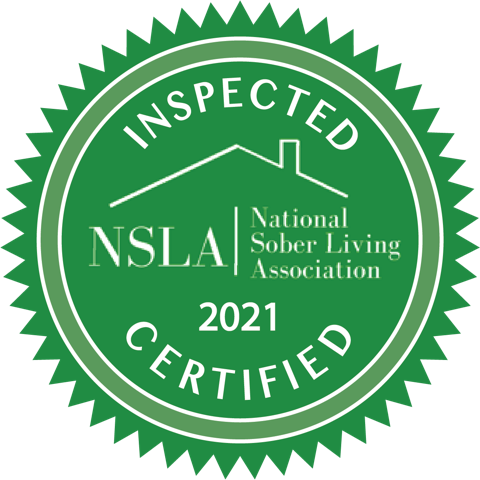Addiction recovery is about breaking the cycle of self-destructive behavior and learning to live a more rewarding, fulfilling life. If you ignore your well-being during this journey, you can easily lose sight of your goals and start backsliding into your old, unhealthy habits.
By actively tending to all facets of your health, you can become the best version of yourself. As good as that sounds in theory, you might find it difficult to put into practice. To make it easier to understand and achieve, the Substance Abuse and Mental Health Services Administration has defined eight dimensions of wellness. By devoting time to each of these, you can nurture a healthy lifestyle and reaffirm your commitment to staying substance-free.
What Are the Dimensions of Wellness?
Each of the eight dimensions of wellness represents an integral part of life.
- Physical: Avoiding stress, getting enough sleep, eating a balanced diet, exercising and keeping preventive doctor’s appointments are essential components of physical wellness.
- Emotional: Communicating with others, being resilient and using healthy coping mechanisms are ways to practice emotional wellness.
- Spiritual: Believing in a higher power, following 12-step teachings and respecting the environment are examples of spiritual wellness.
- Social: Maintaining healthy relationships with friends, family and work colleagues, making amends to those you’ve harmed and fostering new friendships with others who live a substance-free lifestyle can all foster social wellness.
- Financial: Financial wellness includes the ability to afford life’s necessities, following a budget, paying bills on time, staying out of debt and saving for the future.
- Intellectual: A lack of intellectual stimulation can cause boredom, which is a significant relapse trigger. Types of intellectual wellness include learning new skills, practicing your creativity or solving crossword puzzles.
- Environmental: Environmental wellness relates to how your surroundings support your physical and emotional health. If your home is not conducive to your well-being, take steps to make positive changes.
- Occupational: Improving your occupational wellness could mean embarking on a new career or leaving a toxic work environment for a healthy one.
Balancing the Dimensions of Wellness in Recovery
During active addiction, you likely neglected one or more aspects of your wellness in favor of using drugs and alcohol to cope with life’s challenges. Whether you’re new to 12-step treatment or have been following the principles of AA for many years, focusing on your holistic wellness can go a long way toward helping you prevent relapse and giving you a sense of purpose beyond substance abuse. It takes work to find a balance, but the outcome is worth the effort.
Addiction is a disease that can affect anyone. Often, it begins because people are searching for a way to fill a perceived void in their lives. When substances provide relief from mental and emotional pain and anguish, the idea of getting sober may be hard to face. The Still Waters approach to recovery will give you a strong foundation of fellowship and spirituality that allows you to grow and find meaning as the best version of yourself. If you are motivated for recovery and want to follow a spiritually based program, contact us today.





